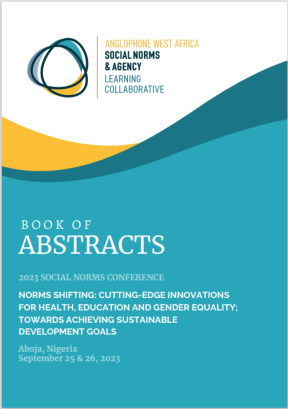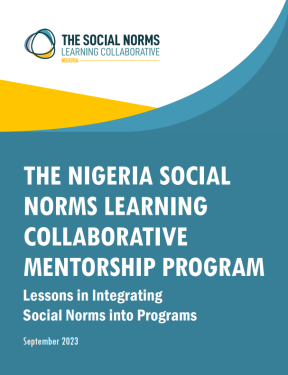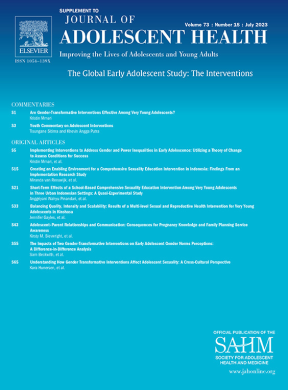- Report
- 1 Marzo 2015

Half of India’s adolescent girls are malnourished, which puts them at risk of poor physical and cognitive growth, suboptimal education outcomes, low economic productivity, complicated pregnancies and undernourished babies. Dasra’s report, Three Square Meals, advocates for greater investment in the nutrition of this cohort and profiles scalable non-profit models that are making an impact in this space. It uses the food continuum of access, consumption and absorption to provide insight into the problem of malnutrition among adolescent girls and their families, as well as possible solutions.
Malnutrition among girls in India has long-lasting consequences for them, their families and their children. After their first year, however, girls grow again when they hit adolescence, which means it is possible to make up for childhood growth deficiencies and give girls a strong nutritional base to cope with menstruation and childbirth by addressing malnutrition again during adolescence.
The report identifies a few actionable practices to ensure improved and sustainable nutrition for India’s adolescent girls. First, ensure a diverse diet and promote daily consumption of different types of food, to give the growing body and mind of girls the required energy, nourishment, immunity and protection. Girls aged 10-19 should be a nutrition programing priority, and women active stakeholders in the food continuum Finally, it is critical to build and use strong evidence when plugging the knowledge gap both on the extent of the problem and nuances of malnutrition in India, as well as on the efficacy of food-based solutions. The Constitution of India mandates equality before the law, yet informal practices of exclusion and inequality continue to plague our legal systems. Universal access to justice is not just an end in itself, but is also an enabler for good governance in a democracy. To increase and improve access to justice for its citizens, India needs to create an environment where all elements needed to help people seek grievance redressal and to uphold their rights exist. Dasra’s report, Tipping the Scales, maps and presents solutions to the spectrum of issues that obstruct universal access to justice in India.
The report draws on expert interviews, interactions with and visits to multiple nonprofits working on the ground in this sector to make certain observations and recommendations. It describes how when laws are accessible and comprehensible, citizens feel more legally empowered and know when to take legal recourse when his/her rights are violated. It goes on to recommend high quality, affordable legal aid for all, and that the case management processes in courts need to be streamlined to reduce the period of time for which litigants are embroiled in the system, as well as build greater trust in the system. The report also calls for more accountability and support for police and prison systems.
Book/Book chapter
25 Septiembre 2023

Case study
15 Septiembre 2023

Journal article
1 Julio 2023
